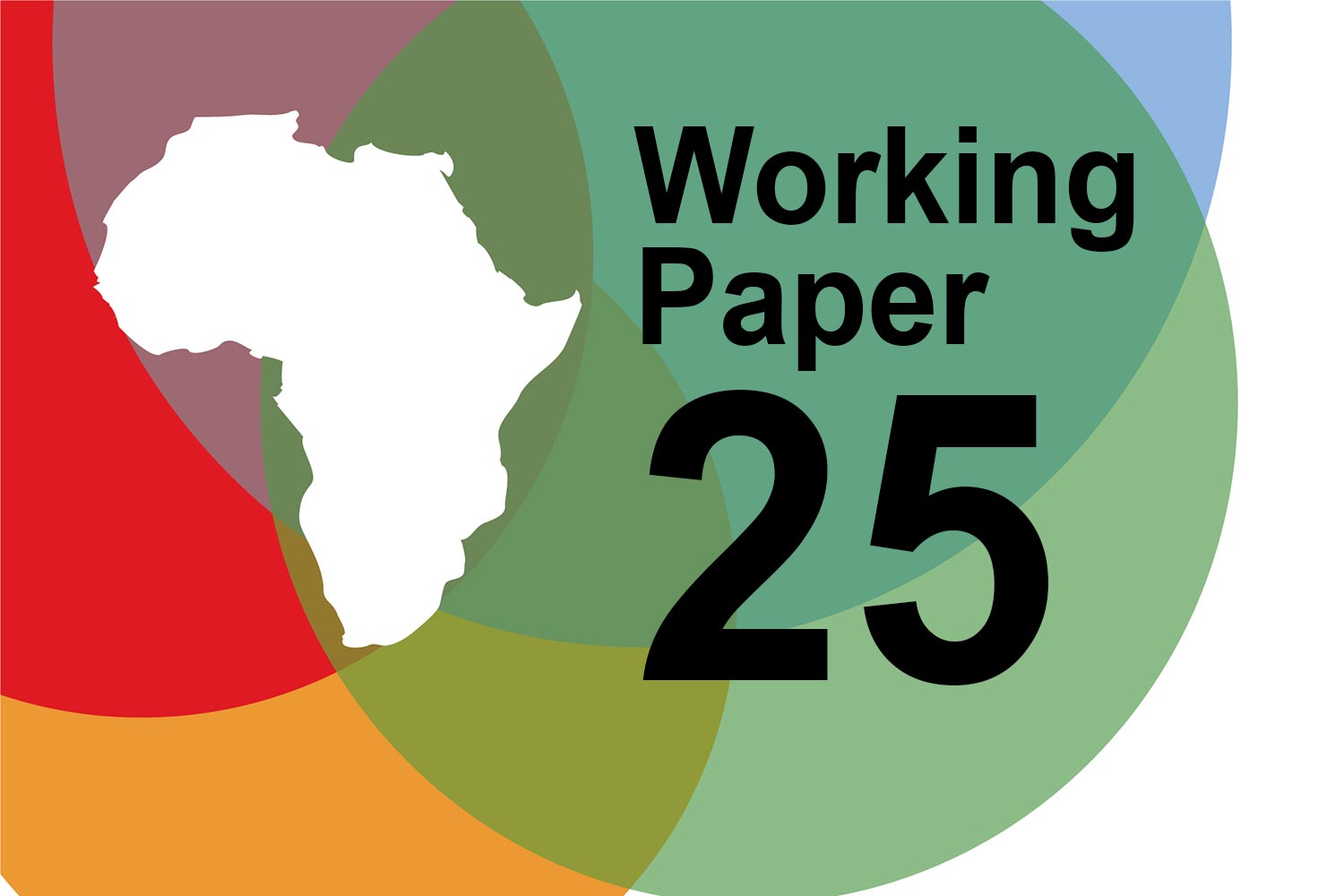Authored by : Bertha Vallejo and Tadesse Getachew Mekonnen
Abstract: Theoretically, foreign direct investment (FDI) favours industrial upgrading by allowing local firms to learn from global interaction and to improve their production processes by improving and maintaining quality and making processes more effective. However, empirical evidence suggests that the quality of this growth in developing countries is unclear. The purpose of this paper is to explore whether recent Chinese and Indian FDI in the Ethiopian textile and garment sector favours knowledge-based economies or if it is shifting growth directionality towards a non-inclusive model. The empirical analysis is based on a systematic review of the Ethiopian case study’s empirical studies, complemented by interviews with managers and employees of selected firms and policymakers. The results show that foreign firms tend to neglect training and technology transfer beyond what is strictly necessary for their operations. Moreover, FDI discourages learning investments in domestic firms, rapidly disappearing or turning towards the local traditional clothing segment. The results indicate that neither learning directionality concerns nor the integration between foreign and domestic firms can be addressed without purposive and explicit FDI policies. Therefore, there is an urgent need to implement policies in support of local capability development and supply chain integration of the domestic private sector.










